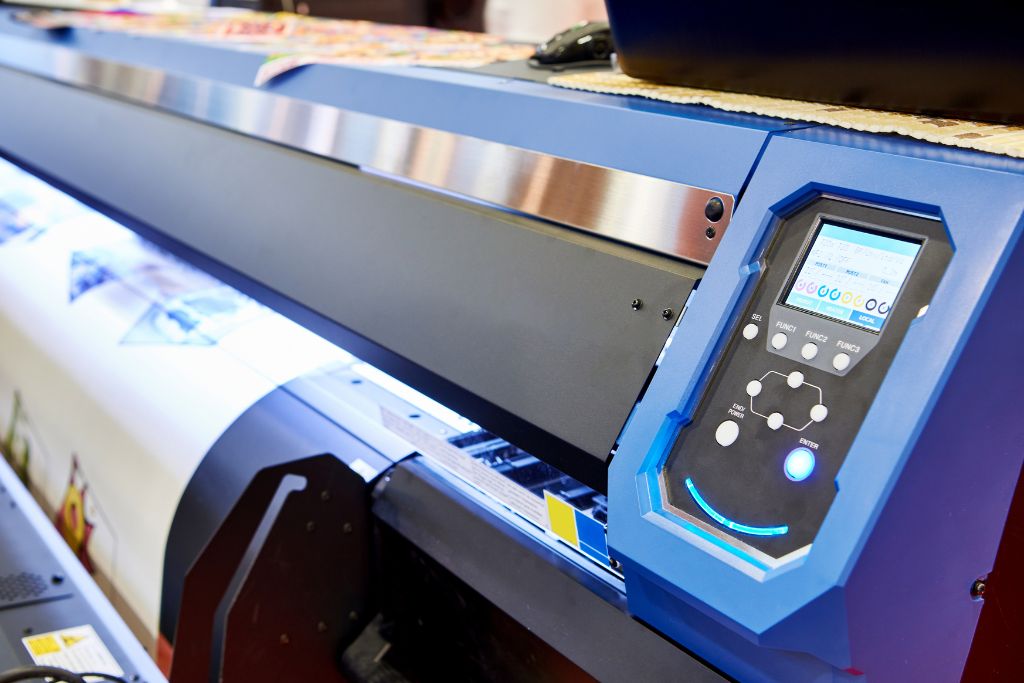There are a few things that you can do to help avoid going broke in under a year when you start a business. Make sure that you set your inventory levels to the right levels and make sure that you’re paying off all of your debts. There are a few things that you should keep in mind if you don’t want to go broke quickly in your business. The first is to make sure you have a solid financial plan and are able to stick to it. You need to develop a routine for budgeting, forecasting, and managing your money so that you never run into trouble again. You also need to set realistic goals and make sure that you’re not putting yourself in too much of a bind by trying to do too much at once. Lastly, always remember that even if you do go broke, it’s okay—there are ways to rebound. Make sure that you take the time to learn from your mistakes, get back on track, and create new businesses. You may also want to consider setting up automatic transfers from your checking account to a savings account.
Pay off debts
Paying off debt is a tough task, especially when money is tight. Fortunately, there are several ways to help you pay off your debts fast and start a new financial life. However, it is important that you find a system that works for you.
Start by making a list of your debts. The list should include your mortgage, your student loans, your car loan, your credit cards, and any other personal loans. You should also include the interest rate and your monthly payments due.

Now that you have your list, decide which debts you are going to focus on first. Try to eliminate the debts with the highest interest rates. If you are able, try to negotiate a lower interest rate with the lender. This will save you a lot of money on your interest payments and make your debt payoff faster.
If you cannot afford to pay off your debts immediately, you can find financial help from a national organization or state agency. You can also get help from your local community.
Set inventory levels carefully
While the right inventory management strategy will help you wrangle your stock, it’s not the only tool you’ll need. This is especially true if you’re going to be selling online. For instance, you’ll need a robust eCommerce platform to make your products available to consumers. The best way to achieve this is to rely on a top-of-the-line fulfillment solution, such as ShipBob. It’s one of the best out there in the industry, and its top-notch technology will save you from your daily headaches. Plus, it’s a lot cheaper to use than it is to hire your own warehouse.

One of the things that you need to figure out is how much of your inventory will fit into your warehouse. You’ll need to be mindful of your inventory levels at all times, and make adjustments to your inventory as necessary. If you’re not careful, you could be leaving the door open to dead stock and lost revenue. Fortunately, ShipBob makes managing your inventory a snap.
Make automatic transfers from a checking account to a savings account
In today’s economic climate, it’s difficult to keep up with all the demands on your money. The best way to combat this is to take advantage of the many ways that banks and other financial institutions are now offering to help you save. One of the most useful features that a bank may offer is a way to make automatic transfers between your checking and savings accounts.
Automatic transfers are a way of life at most major financial institutions. They are used for a variety of reasons. For example, they can be used for overdraft protection, to make loan payments, and to transfer funds between accounts. Depending on the type of account you have, you may be able to make your own transfers.

Aside from using a bank to transfer money to your savings account, you can also link your checking account to a savings account. When you do this, you will have the ability to schedule recurring Automatic Transfers (AFTs) that will occur on a scheduled date or time. Similarly, you can set up direct deposits to your individual retirement account if you want.
Avoid going broke when starting a business
If you are thinking about starting a business in a short amount of time, you have to be careful about your financial commitments. Many new entrepreneurs have the tendency to take on too much risk and end up going broke. Fortunately, there are several ways to minimize your risk and start your business on a solid financial footing. You can start by learning how to use credit responsibly.
In addition to making sure your business credit is up to snuff, you should be aware of the different types of funding available to entrepreneurs. Business lines of credit, loans, and alternative financing may be viable options for you. Keep in mind that while business credit can be beneficial, it should only be used to help fund your inventory. Otherwise, you can end up with a cash flow crisis, and your business will fail.

Another way to avoid going broke is to set a budget and stick to it. This means you will need to make sacrifices, like giving up your time off. It also means limiting your spending and maximizing your revenue.




